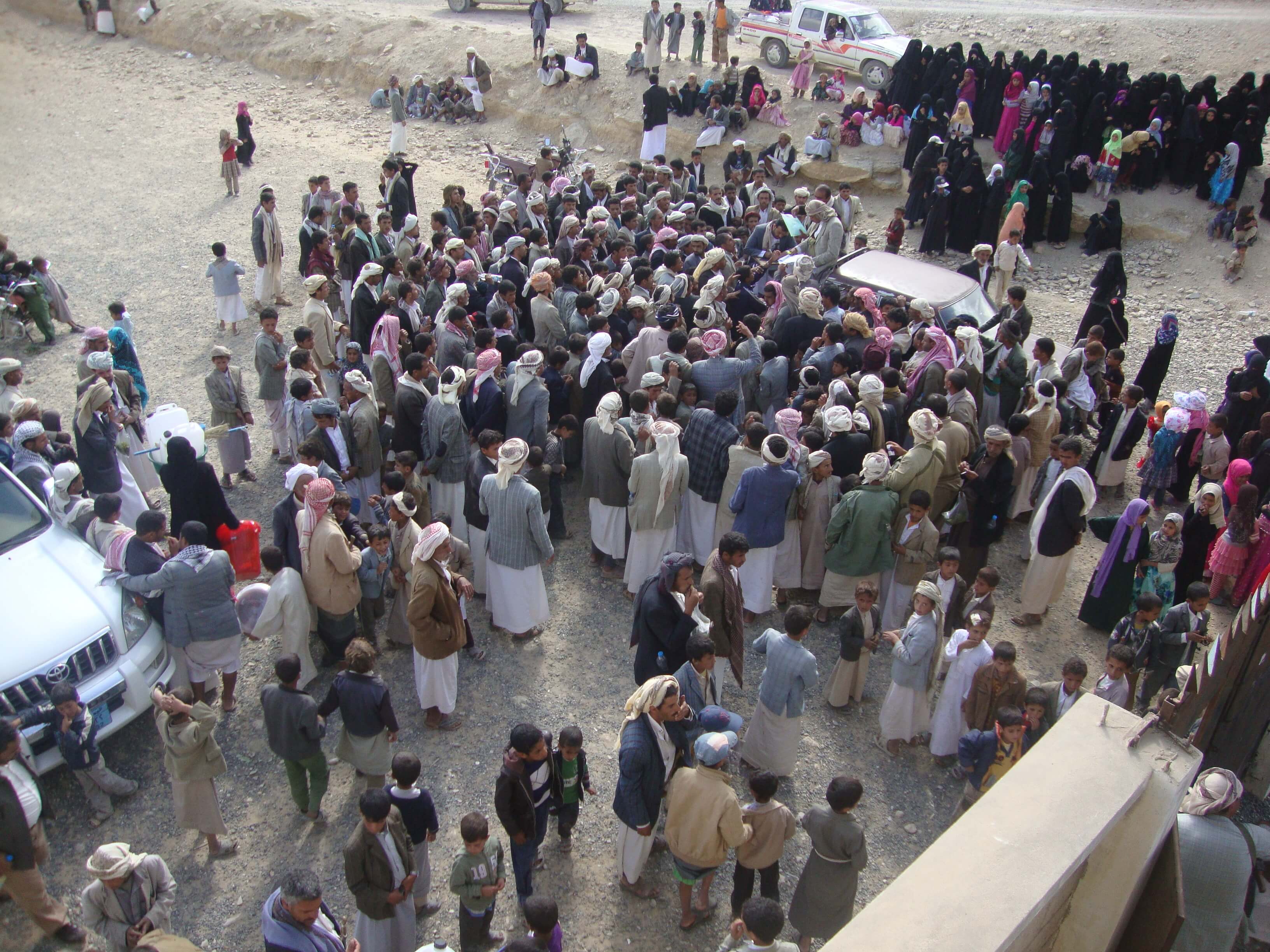On Friday 1 May the Start Fund disbursed a total £891,613 in a double allocation for Yemen and Rwanda. £616,332 of this went to support a response to the ongoing violence in Yemen, where the Start Fund has already been activated once this year in April. The remaining £275,281 was allocated to agencies supporting the recent influx of refugees from Burundi into Rwanda. Both alerts were received at 11am on Tuesday 28 April, meaning funding was transferred to agencies to begin their responses within 72 hours.
International Medical Corps raised the alert for Yemen, describing how additional funding is desperately needed on top of the £295,000 allocated in April. The alert was raised in April shortly after Saudi Arabia began conducting airstrikes. The most recent alert note describes how “one month later those air strikes have not stopped - the air campaign and on‐the ground conflict together have directly killed well over 1,000 people from March 19th to April 24th. The situation is getting worse... with airstrikes hitting virtually all governorates of Yemen, and 9 of the governorates involved in ground fighting between the Al Houthis pro Coalition forces.” It goes on to explain that “the violence has limited the supply of pharmaceuticals, electricity, and fuel. Ambulances and health care supply delivery has also been upset due to the lack of fuel, and the targeting of ambulances by militants... It is virtually impossible to get any supplies into Yemen – and once there (at an airport or seaport) due to the fuel shortage they cannot be easily moved to other locations where they are desperately needed.”
The alerting agency suggested that a disbursement of around £600,000 would cover the immediate needs for 6000 households:
“Agencies who have received Start funding from the previous round of funding have already demonstrated that it can be used rapidly – for one agency the funding was used in 15 days... Other funding mechanisms are too slow to effectively respond to the immediate emergency needs – particularly emergency health care, water, food etc – and therefore a fresh call to Start would enable agencies to continue lifesaving work over the next couple of weeks whilst the more established mechanism of funding kick into place.”
Meanwhile, the alert for Rwanda was raised following a mass influx of refugees from Burundi fleeing violence that has erupted in the lead up to the presidential election. The alert note explained that the number of refugees has increased rapidly in recent weeks, justifying a rapid response from the Start Fund:
“Given the significant recent spike in arrivals (20,567, increased from 8,000 last week) and the confirmation that the Burundian President will run for a third term, there is significant justification to respond now to the increased arrivals to facilitate a rapid scale up to meet unmet needs in reception centres and the new camp. Releasing funding within 72 hours is critical because the number of refugees has been predicted to increase from 20,000 to 50,000 by the end of this week, far overstretching initial planning figures by both government of Rwanda and UNCHR.”
It went on to say: “Partners raising this alert suggest that an allocation of £300,000 would enable a rapid scale up of services to cover gaps in reception centres and the new camp.”
The Allocation Committee met on Wednesday 29 April to discuss both alerts. For the Yemen alert, the alert note was supplemented by briefing notes from both ACAPS and Development Initiatives, while for the Rwanda alert, a smaller request, a briefing note from ACAPS was provided.
The Allocation Committee voted unanimously to allocate the requested £700,000 for the ongoing crisis in Yemen, and the requested £300,000 for Burundian refugees in Rwanda.
Four local NGO colleagues convened in Yemen on May 1st to discuss the four proposals submitted for this response. They agreed that all four projects should be funded, disbursing a total of £616,332 of the £700,000 envelope. These four projects, led by Save the Children International, Relief International, International Rescue Committee and International Medical Corps UK, aim to reach a total of 58,789 affected by the conflict over the next 45 days.
Meanwhile, five colleagues met simultaneously in Kigali, Rwanda, to discuss the five proposals submitted for this response. They agreed to support four of these five proposals, disbursing a total of £275,281 from the £300,000 envelope to provide 53,291 Burundian refugees with support.
Photo: Save the Children's Start Fund response in Yemen, August 2014

